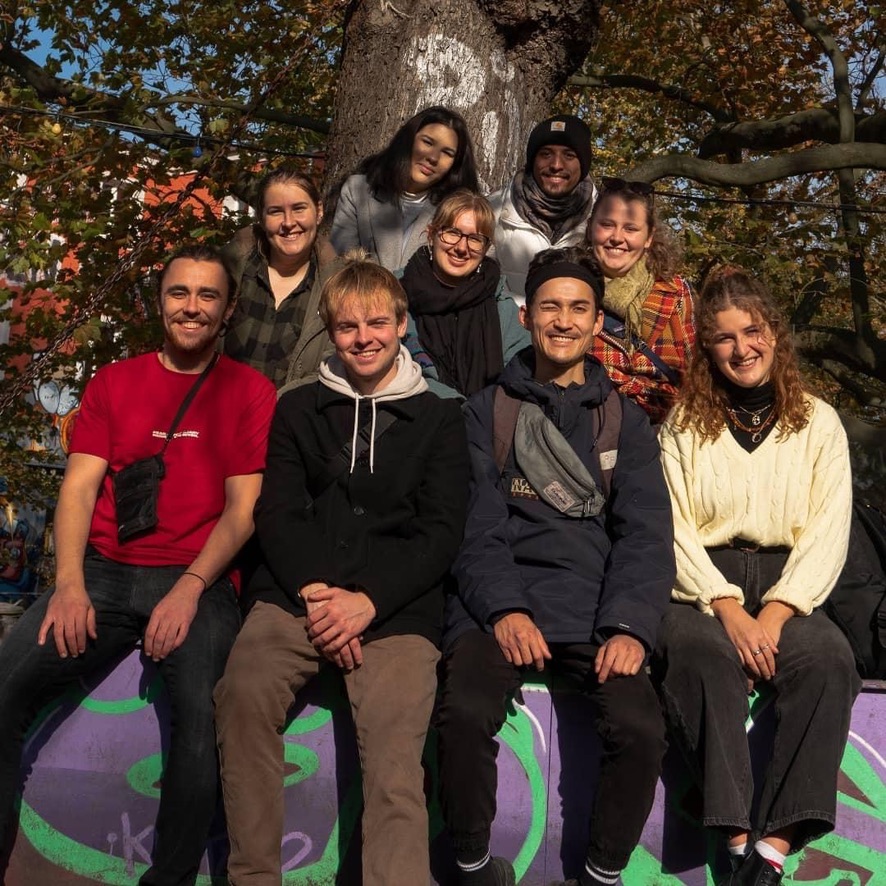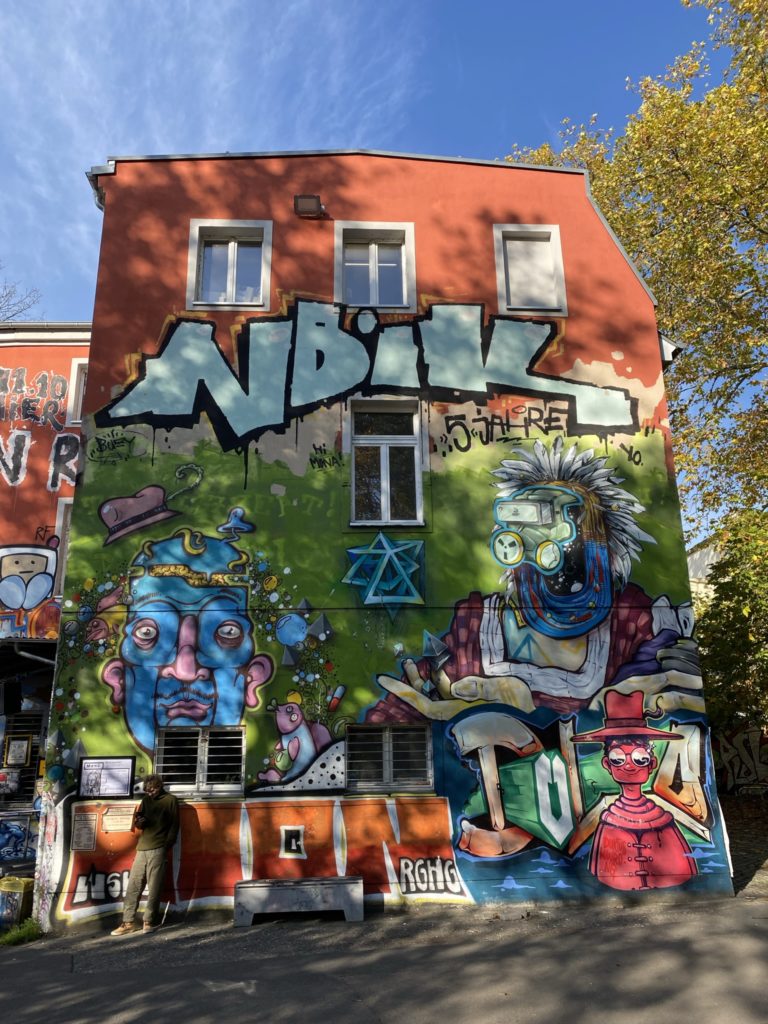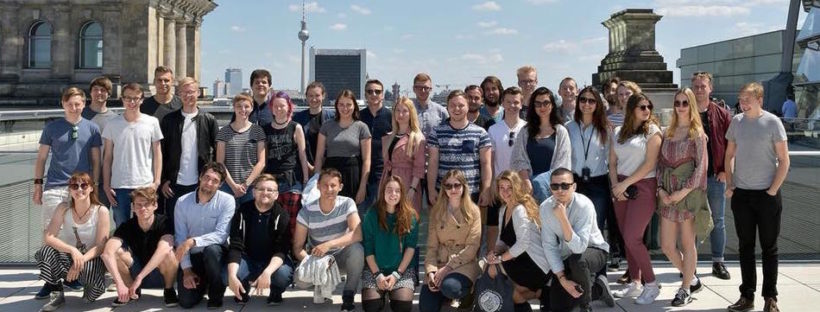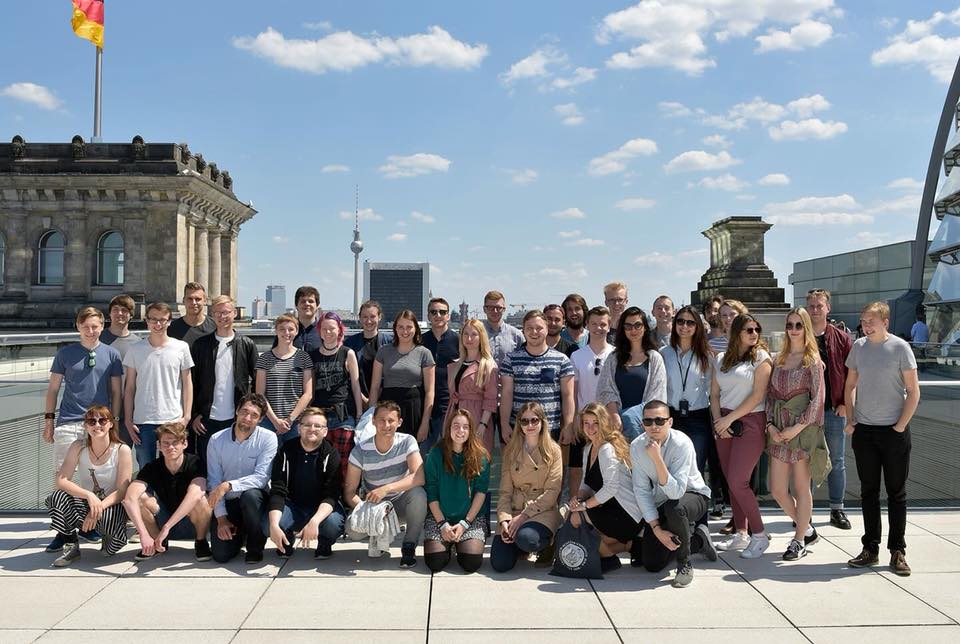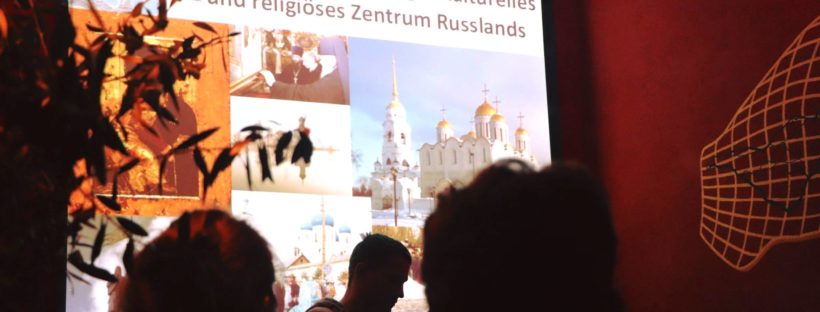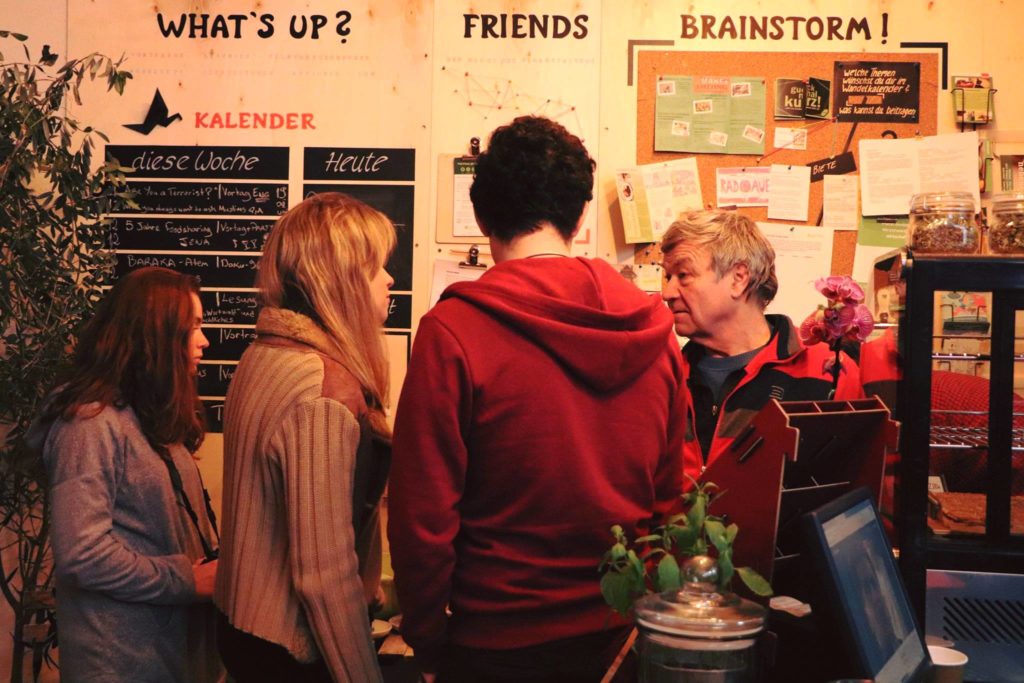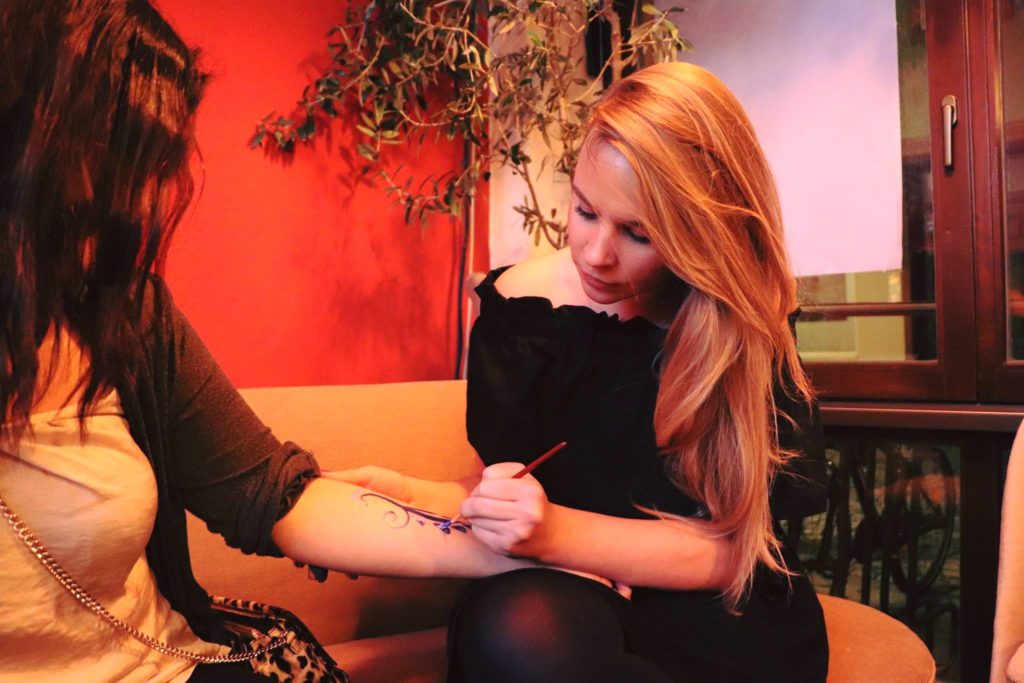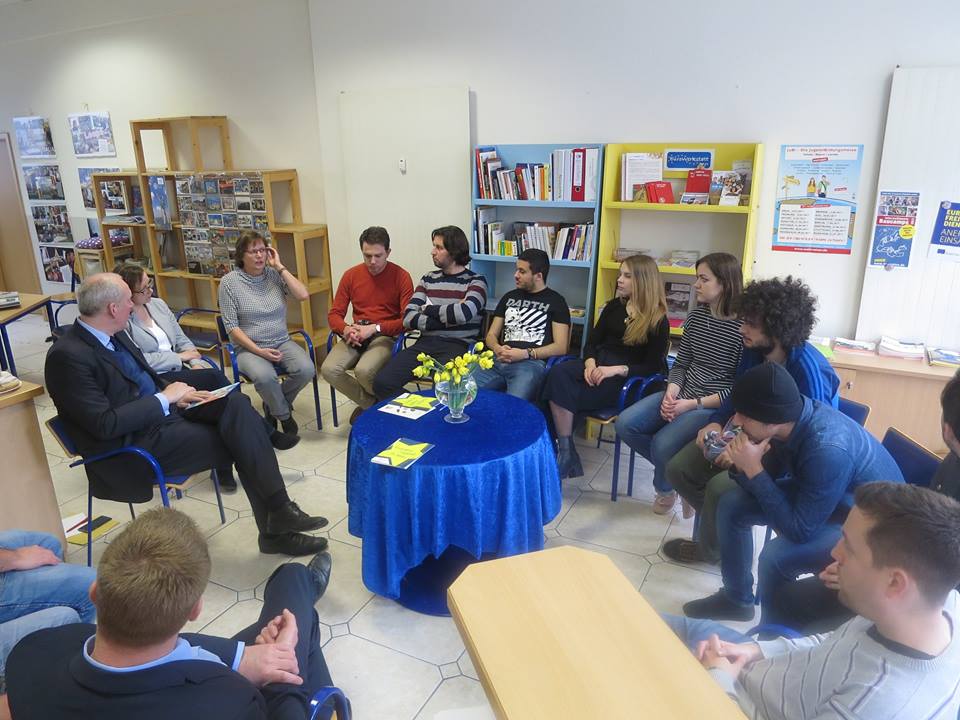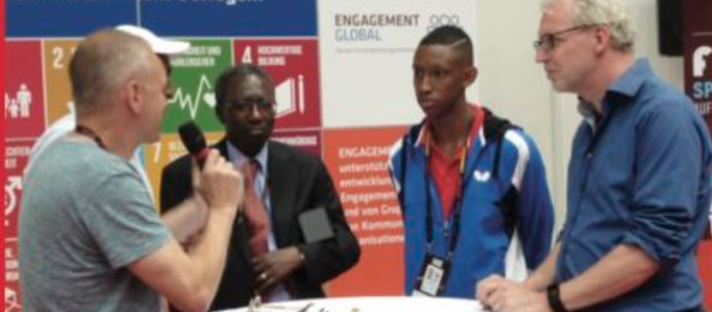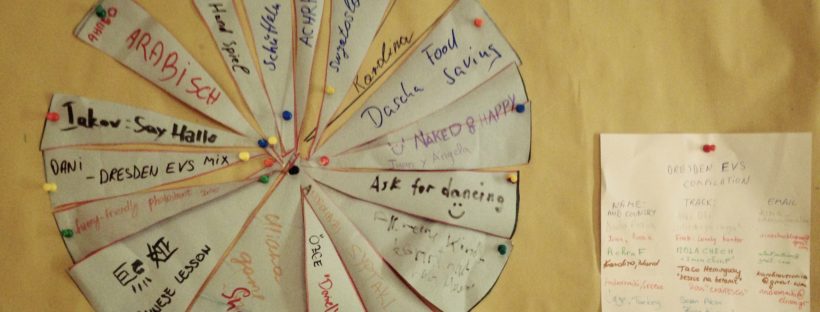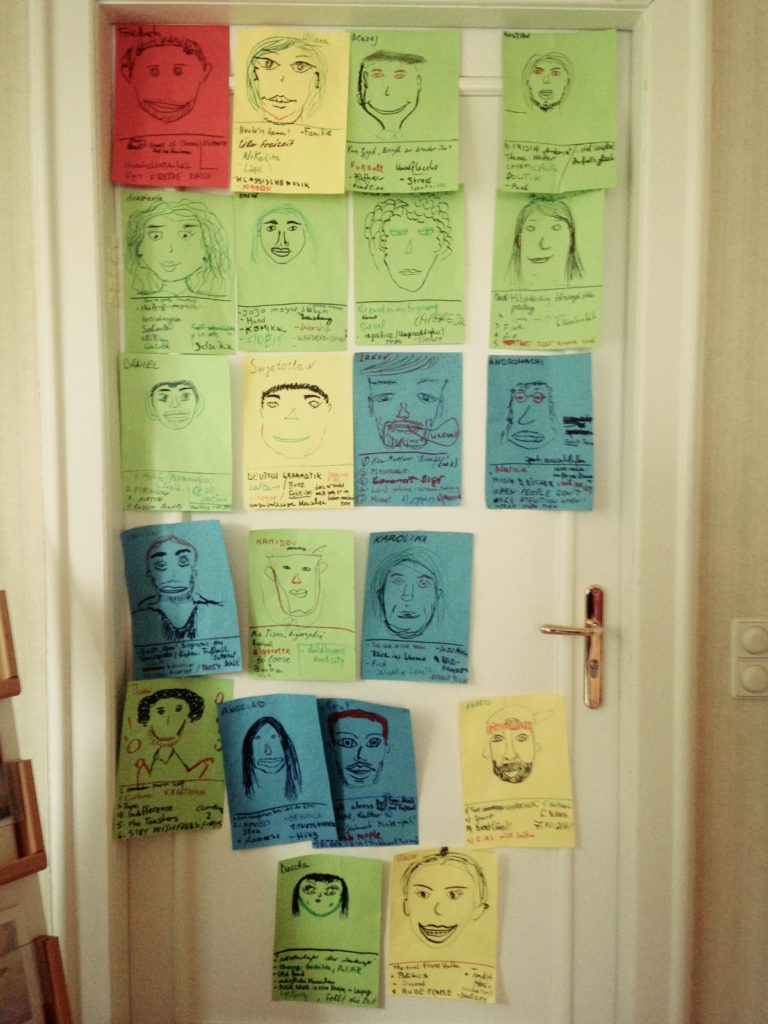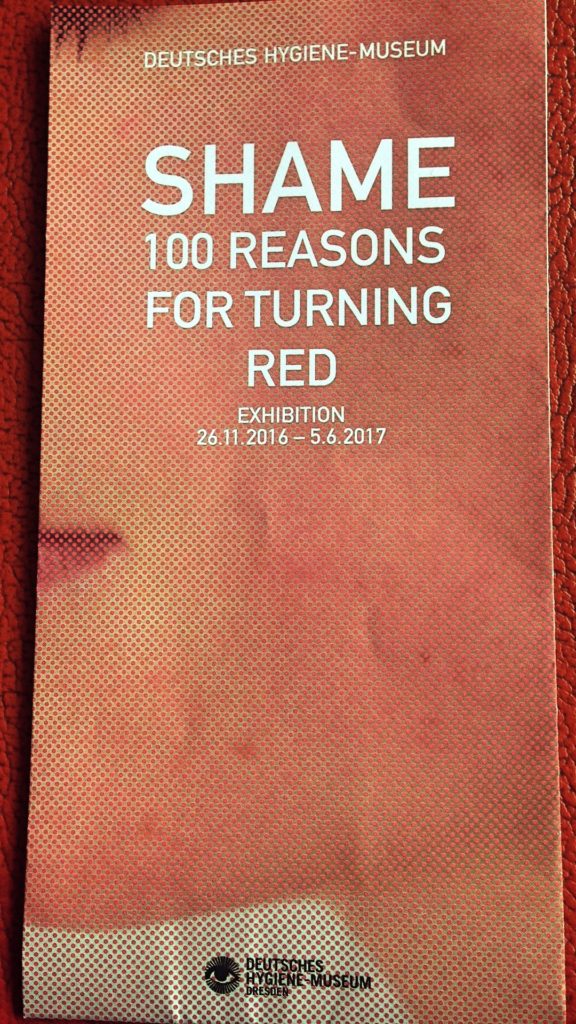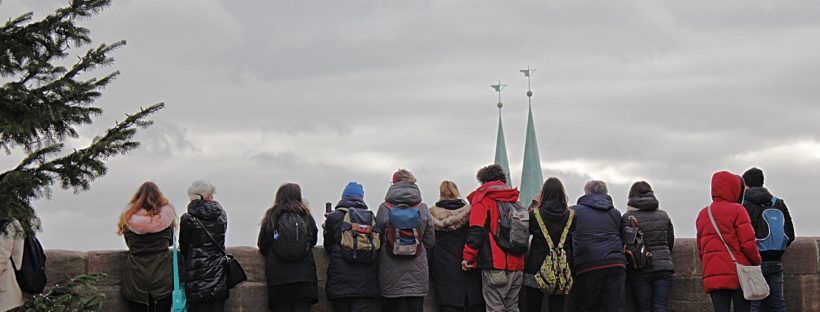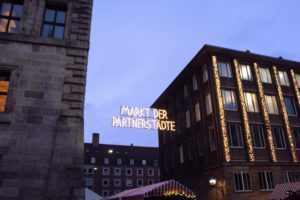1. What’s your name, and where are you from?
My name is Brenda, and I’m from Madrid, Spain.
2. Where are you volunteering, and how long is your programme?
I’m volunteering at Montessori Munketal Kindergarten. The programme started in September and will end in August.
3. What motivated you to volunteer abroad?
As a trained kindergarten teacher, I was curious about the German education system. I wanted to learn more about the Montessori approach and explore a new culture.
4. Which project are you working on, and what is your role? Can you describe a typical day?
I support the teachers at a Montessori kindergarten. In the mornings, I engage with the children during free play or read with them. We then have circle time, followed by outdoor activities. I assist during meals and nap time, and later help with preparing materials and snacks. The day ends with more outdoor play until pick-up.
5. What job-related skills have you learned through volunteering?
I’ve improved my communication with young children and learned to support their independence at their own pace. I’ve also gained experience in creating and adapting Montessori materials and handling challenging situations more effectively.
6. How has volunteering helped your interpersonal skills?
It has strengthened my ability to connect with others, appreciate different perspectives, and collaborate in diverse environments.
7. What is something unexpected you’ve learned?
I was surprised by how much autonomy children have in the Montessori system. Watching them choose activities and work independently at such a young age has been eye-opening.
8. Would you like to share a funny moment?
On my first day, a child said “aua” (German for “ouch”), but I thought he was asking for water—“agua” in Spanish—so I handed him his bottle. He looked at me completely confused and walked off to find another teacher.
9. How would you describe your volunteering work in three words?
Interesting, amazing, and rewarding.
10. What advice would you give to someone considering volunteering abroad?
Be ready for challenges like language barriers, cultural differences, and homesickness. Learn the language beforehand, especially vocabulary related to your field. Set realistic expectations, stay open-minded, and be adaptable. Most importantly, take care of your well-being and enjoy the journey—you’ll grow more than you expect.




